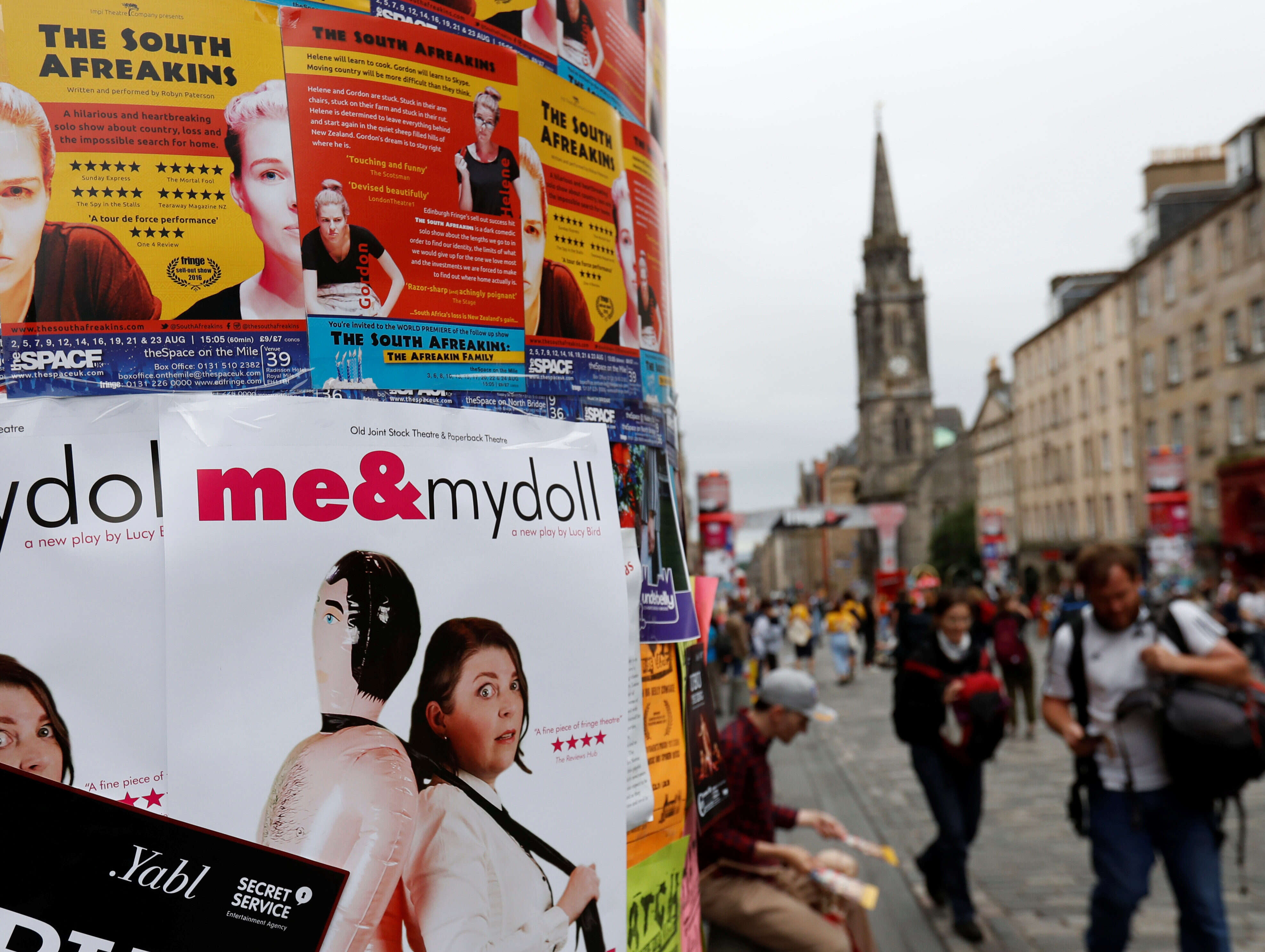
A group of media unions has warned it has become “very difficult” for critics to find paid work in the news industry as it urges editors to give arts coverage more funding.
The Federation of Entertainment Unions, which includes the National Union of Journalists, said investing in arts coverage would be a “win-win” as it makes such a “valuable contribution” to their readers.
In an open letter to national newspaper editors, editors of arts media and Culture Secretary Nicky Morgan, the FEU said: “By being more responsive to its success and giving the arts more funding and prominence, they [editors] will reach new audiences and increase readership, which can only be a win-win.”
“The media thrives on celebrity stories, but where will the stars of the future be found if we cannot read about up-and-coming actors, writers and directors?
“While the government trumpets the success of the creative sector, successive cuts to arts organisations and councils are putting the arts in peril.”
The five unions, who between them represent 141,000 media and arts workers in the UK, called on Morgan to ensure the arts are considered in the Government’s response to the Cairncross Review into the sustainability of high-quality journalism in the digital age.
They said Morgan must “open up a discussion with the media… about its investment in the coverage of the arts and new media models that report the arts and pay journalists”.
The letter comes two months after the Evening Standard axed two of its long-serving theatre critics, Henry Hitchings and Fiona Mountford, as it merged its print and online teams to avoid “unnecessary duplication”.
The Standard subsequently announced Nick Curtis as its new chief theatre critic and said its digital arts editor Jessie Thompson would also write theatre reviews.
The unions’ letter also pointed to the Guardian, which decided not to renew the contract of theatre critic Lyn Gardner in 2018.
Gardner had written for the title for 23 years and the newspaper said it wanted to “look to add some new voices to our arts coverage,” stressing that its commitment to theatre “remains absolute”.
According to a study commissioned for the Cairncross Review, the number of frontline print journalists has dropped by more than a quarter over the past decade, from about 23,000 in 2007 to 17,000 last year.
The letter said: “While it is difficult to assess whether arts journalists have been disproportionately hit by these cuts, those working as critics know only too well that getting paid work is very difficult to find.”
The letter was published to coincide with the end of the world-famous Edinburgh Fringe Festival on Sunday.
According to figures cited by FEU from The List magazine, there were 5,134 reviews from the event in eight main national and arts titles in 2012. That figure had dropped to 3,169 during the festival month in 2017.
The Scotsman’s daily fringe supplement was almost cancelled this year, but four host venues stepped in to provide £10,000 worth of advertising to keep it going at the last minute.
“With fewer critics on the ground, only the shows with big names and the sure-fire hits will be covered,” the FEU said. “But surely the whole point of the Fringe is to discover the names of the future?
“The League of Gentlemen, Johnny Vegas, Stephen Fry, Rachel Weisz, Miranda Hart, Steve Coogan, Enda Walsh and many more were spotted in their shows in Edinburgh.”
Calling on editors to help support the future sustainability of the arts industry, the letter said: “Having a properly-funded arts media is vital to supporting theatre, film and TV productions, ensuring that we celebrate the UK as a centre for the creative industries and to encourage people to get involved in the arts either as writers, directors, producers, performers, behind the scenes workers, patrons and audience members.”
Picture: Reuters/Russell Cheyne
Email pged@pressgazette.co.uk to point out mistakes, provide story tips or send in a letter for publication on our "Letters Page" blog
